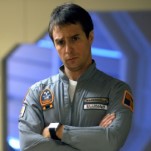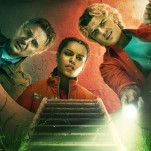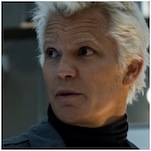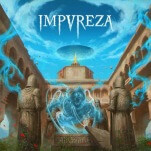Stop Comparing Kingdom Hearts to Metal Gear Solid
They Might Both Be Complicated, But In Totally Different Ways
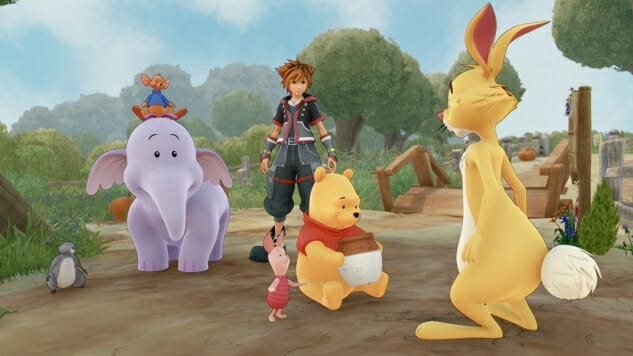
Well here we are. After more than a decade of waiting, we’ve gotten Kingdom Hearts III. It’s out there in the world, writhing and communicating, retconning some stuff and adding more complications and generally just being the mess that everyone thinks it is. The Kingdom Hearts franchise, after all, is one that is marked with complication. There’s time travel, the war to end all wars, multiple versions of every important character, and Goofy. I mean, gawrsh.
I’ve dipped in and out of Kingdom Hearts quite a bit over the years, but I’ve always got one ear perked up for interesting things about it. No matter how you really feel about the series, you’ve gotta admit that it is interesting, and for me “interesting” means “worth paying attention to.” To some degree, any casual relationship to Kingdom Hearts is a paradox: I am not committed to knowing every intricate detail, but I am committed to knowing, which means I can never know what’s truly going on (if you trust the hardcore fans on this one).
And all of this is to say that my investment in Kingdom Hearts is very similar to my investment in the Metal Gear Solid franchise. It is also complicated and messy and strange and full of retcons, robots, reboots, characters who are two people, and two people who are the same person. For these reasons, it is often pointed to as a videogame fan contradiction by dedicated Kingdom Hearts fans who are tired of being lambasted for loving a series with complicated lore. “You’re hypocrites!” they cry. “The tale of Big Boss, his two sons, and all the evil science nerds they meet along the way is just as complicated as the tale of key swords.” I don’t know that I agree.
My reason for disagreement emerges from wanting to get some better handles on “complicated.” In videogames, we already have a hard time with the word “difficulty.” We praise it when it pops up in arbitrary-yet-overcomable ways (Dark Souls) and we trash it when it doesn’t fit into our precise framework of what makes for good difficulty (controlling that RC plane in Vice City). Yet we still collapse the whole discussion, that whole universe of the friction generated between the design of a game and a player, down into whether something is difficult or not. And in our rush to contextualize Kingdom Hearts and make it yet-one-more game in a wide field of them, we do its actual complexity a disservice.
Here’s my pitch for how to make our discussion of game narratives a little more specific and productive: Kingdom Hearts is implosive, Metal Gear Solid is explosive. These are metaphors, sure, but I’m trying to get at a position or a mode through which these complicated games do their complicated stuff.
-

-

-

-

-

-

-

-

-

-

-

-

-

-

-

-

-

-

-

-

-

-

-

-

-

-

-

-

-

-

-

-

-

-

-

-

-

-

-

-

